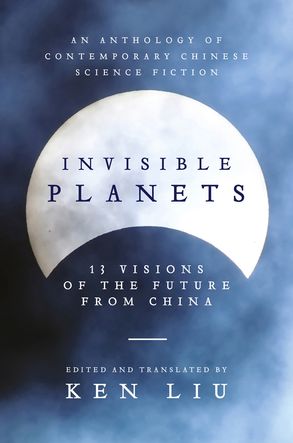
Jarringly, this is not unique to China, because what Liu Cixin is talking about is universal to science fiction publishing. “Writers struggled to attract readers outside the tribe and felt they had to give up their Campbellian science fiction fundamentalism and raise the genre’s literary qualities of realism.” Liu implies that an adherence to strict realism is what shackled Chinese science fiction prior to 2006. Liu suggests that it has something to do with the book’s thick layer of imagination placed atop its realism. The long marginalization of science fiction as genre led to a small and insular readership.” In 2006, at the time of Three-Body’s publication in China, he wrote, “China’s science fiction market was anxious and depressed. In his essay “The Worst of All Possible Universes,” Liu Cixin himself believes that The Three-Body Problem actually helped to recontextualize science fiction in China very recently.

And for readers who want to dive more deeply, three essays at the end of the book argue over the actual definition of Chinese science-fiction. And now, in the years following the success of Liu Cixin’s award-winning novel, The Three-Body Problem, western audiences are starting to take notice.įor an easy introduction to this massive subgenre, see Ken Liu’s new anthology of short fiction, Invisible Planets, which highlights his favorite contemporary translated Chinese science fiction. Chinese science fiction writers are having more fun with the genre than anyone else, and in fact, might even be producing its best new works.


 0 kommentar(er)
0 kommentar(er)
